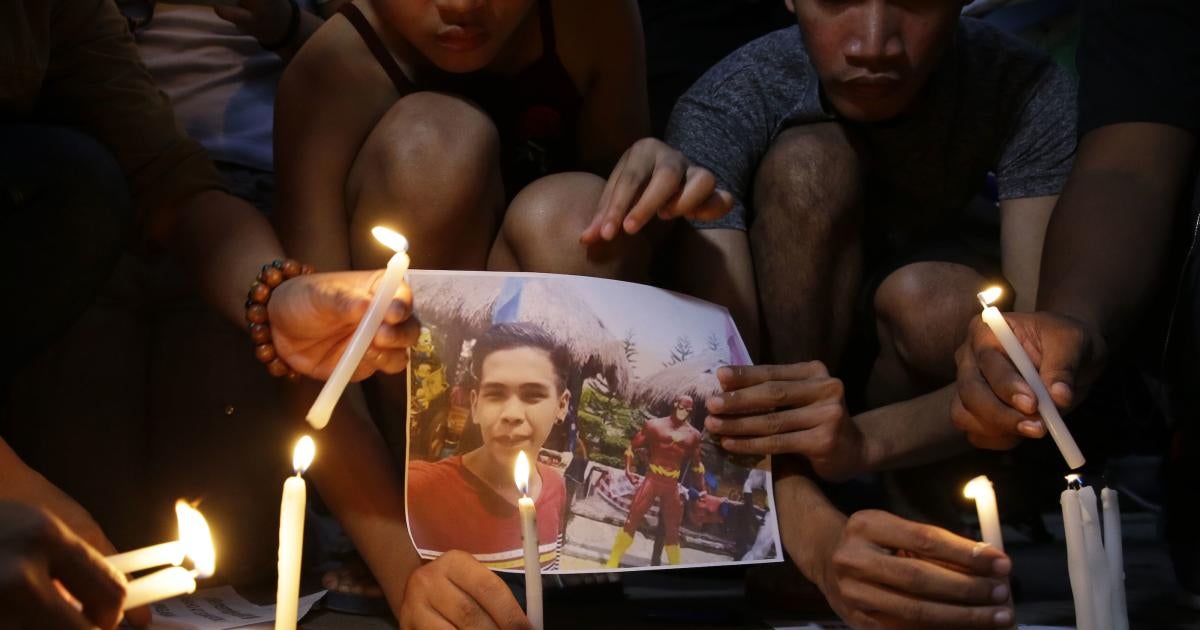The handful of criminal convictions of police for “drug war” killings in the Philippines is “not enough” to guarantee continued trade perks with the European Union, the EU’s special representative for human rights, Eamon Gilmore, said last week.
Currently, Philippines enjoys a zero tariff trade benefit on goods exported to EU countries under the Generalized Scheme of Preferences Plus, or GSP+.
The GSP+ regulation requires that EU trading partners must ratify and effectively implement 27 core international conventions on human rights, labor rights, the environment, and good governance. With the current scheme set to expire on December 31, beneficiaries must reapply to retain access. Gilmore made it clear the EU will expect more progress from the Philippines to expand a benefit on which 26 percent of Philippine exports to the EU depends.
During his three-day visit to the Philippines, Gilmore raised concerns about the paltry number of convictions for “drug war” killings. Since 2016, only two court cases involving three young men killed by police officers have resulted in convictions, out of the more than 6,200 deaths for which the police have admitted responsibility. Only a handful of cases are pending before the courts. The vast majority of killings – which Philippine organizations estimate to be over 30,000 – remain uninvestigated.
While killings have decreased since President Ferdinand Marcos Jr. took office in June 2022, they still continue. In January, the International Criminal Court resumed its investigation into these killings as possible crimes against humanity.
“I think those figures speak for themselves. There is clearly a need to do more,” Gilmore told the Philippine Daily Inquirer. Gilmore said more accountability is needed “to bring justice to the victims,” adding that “doing business with the EU means addressing human rights issues,” reported the Manila Bulletin.
In February 2022, a European Parliament resolution urged Manila to improve its rights record or lose GSP+ perks. Some Philippine organizations have called for either GSP+ sanctions to be imposed against the Philippines or for the EU to suspend the Philippines from GSP+ benefits, as it did with Sri Lanka in 2010. The EU should identify clear, timebound human rights benchmarks that would guide its decision to end or renew the benefit to the Philippines. The EU should use GSP+ to improve rights by making it clear that renewing it will not come without tangible progress.



